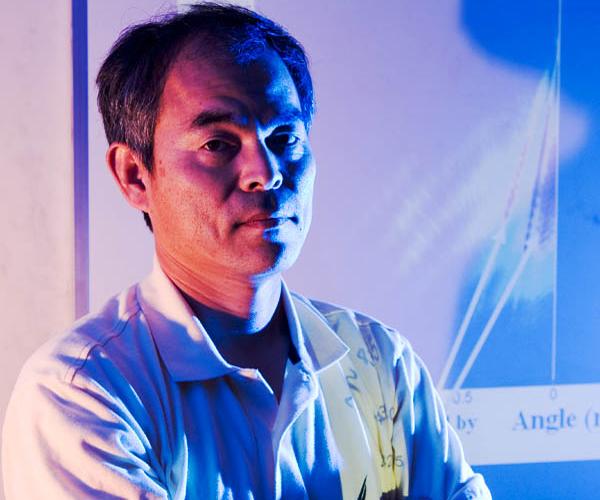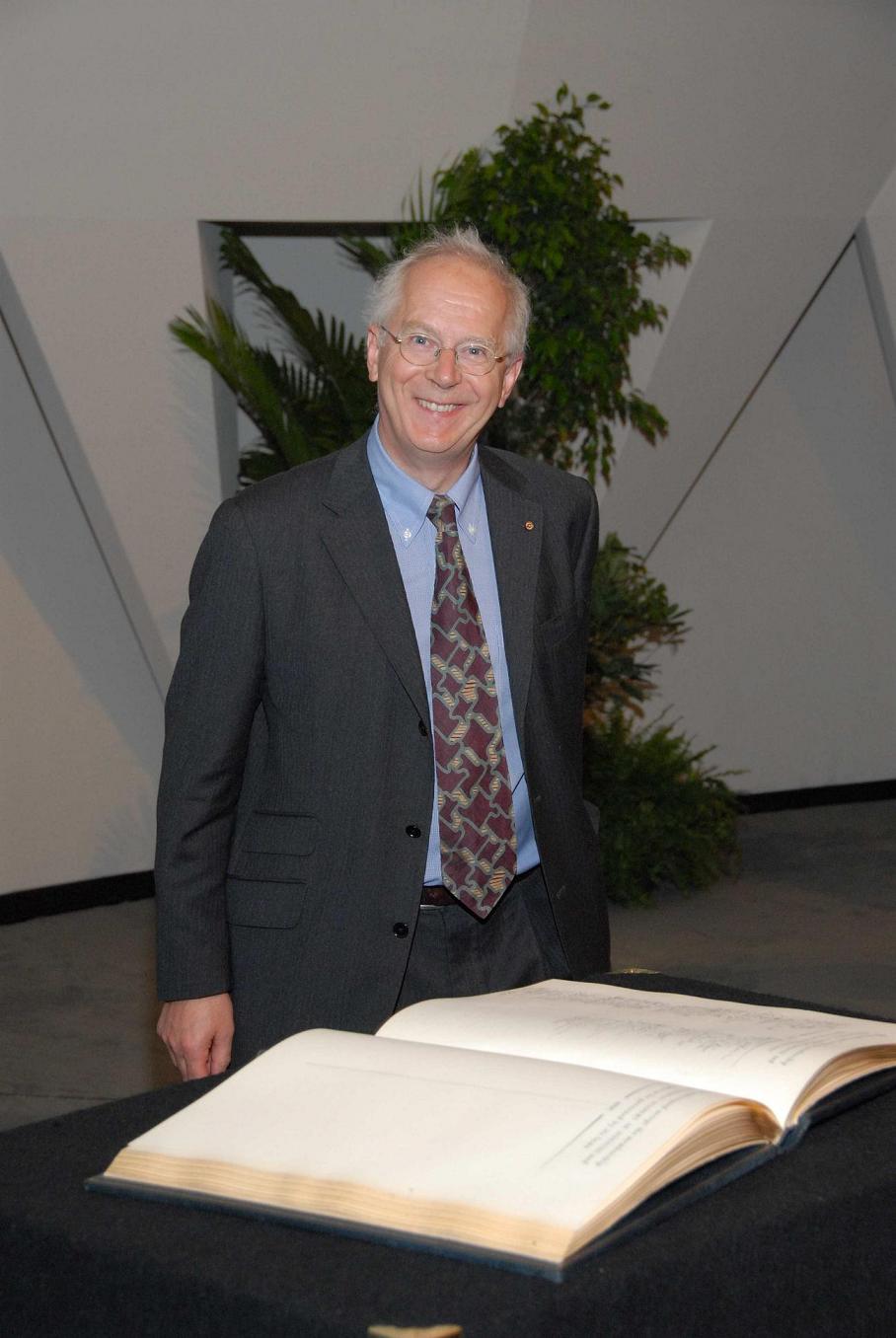Professor Baulcomb will receive the award "in recognition of his decisive contribution to the discovery of the central role of short RNA molecules in the regulation of gene expression. Professor Nakamura will receive the award "in recognition of his decisive contribution to the development of light sources based on type III-V semiconductors and including nitrogen

The prestigious Harvey Prize will be awarded in February at the Technion to Professor David Baulcombe from the University of Cambridge, England, and Professor Shioji Nakamura from the University of California at Santa Barbara, USA. So far, 13 Harvey Prize laureates have won the Nobel Prize, including the last two Nobel Prize winners - Elizabeth Belburn (Medicine) and Ada Yonat from the Weizmann Institute (Chemistry).
Professor Baulcomb will receive the award "in recognition of his decisive contribution to the discovery of the central role of short RNA molecules in the regulation of gene expression. In his studies in plants, Professor Baulcombe discovered that transgenes and viruses are silenced at the RNA level by short RNA molecules. This pioneering work led to the discovery of the importance of short RNA molecules in many organisms, including humans, and led to the identification of a common basis for their activity.
Professor Baulcomb's work had a huge impact on basic research in the life sciences, as well as on agriculture and biotechnology, where short RNA molecules are used as tools for the development of virus-resistant agricultural crops, for the diagnosis and treatment of serious diseases such as cancer, viral infection, and neurodegenerative diseases."
Professor Nakamura will receive the award "in recognition of his decisive contribution to the development of light sources based on type III-V semiconductors and including nitrogen. Professor Nakamura broke ground in research that led to a semiconductor laser that emits blue light, which enables a significant increase in optical storage systems. His research on blue light emitting diodes (BLUE LED) led to the discovery of white light emitting diodes (WHITE LIGHT LED) which lead to a revolution in lighting methods. The diodes that emit white light replace conventional lighting methods because they are much more expensive than incandescent lamps and guarantee a huge saving in energy consumption."

Among the winners of the prestigious Harvey Prize are scientists from the USA, Great Britain, Russia, Sweden, France, and Israel, including Nobel Prize winner Mikhail Gorbachev, former leader of the USSR, who was awarded the prize for his activities to reduce regional tensions; Professor Brett Sackman who won the Nobel Prize in Medicine, Professor Pierre Gilles Dan-Gen, who won the Nobel Prize in Physics, Professor Edward Teller for his discoveries in solid state, atomic and nuclear physics and Professor William J. Kopf on the invention of the artificial kidney.
Nominations for the Harvey Prize are received from leading scientists and personalities in Israel and the world. The recipients of the award are selected by the Harvey Award committee through a strict process, at the Technion.
